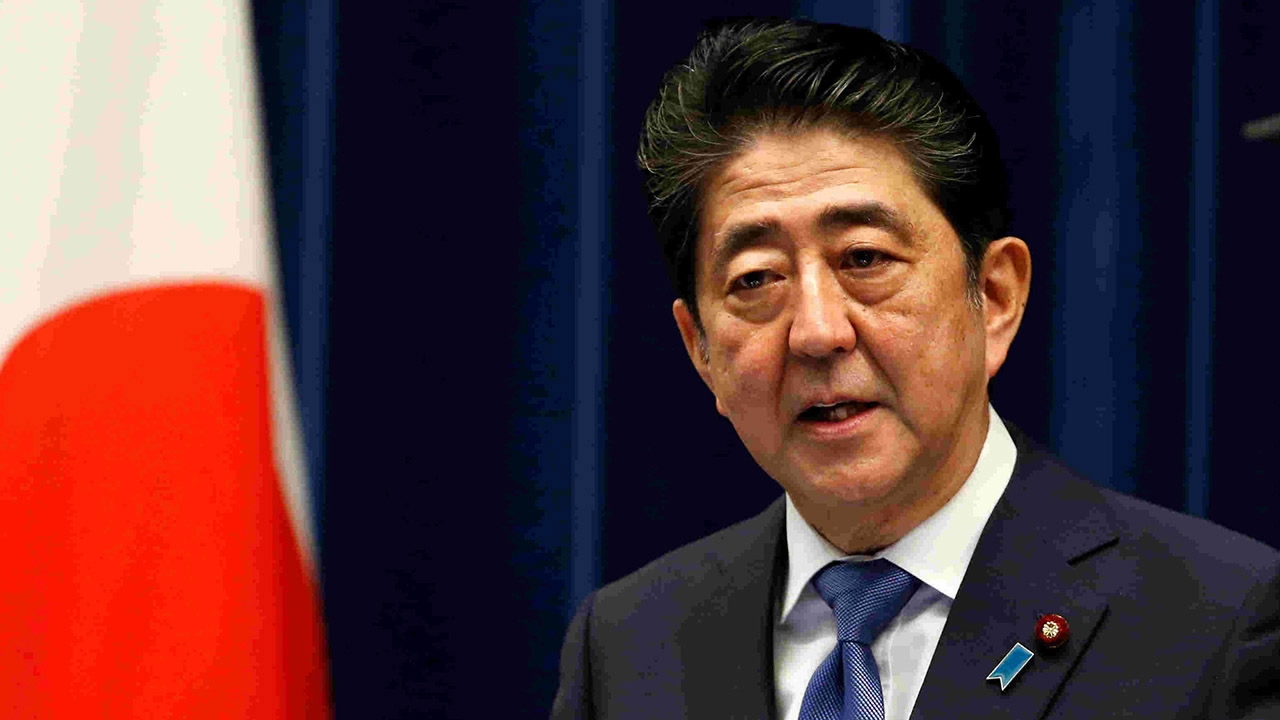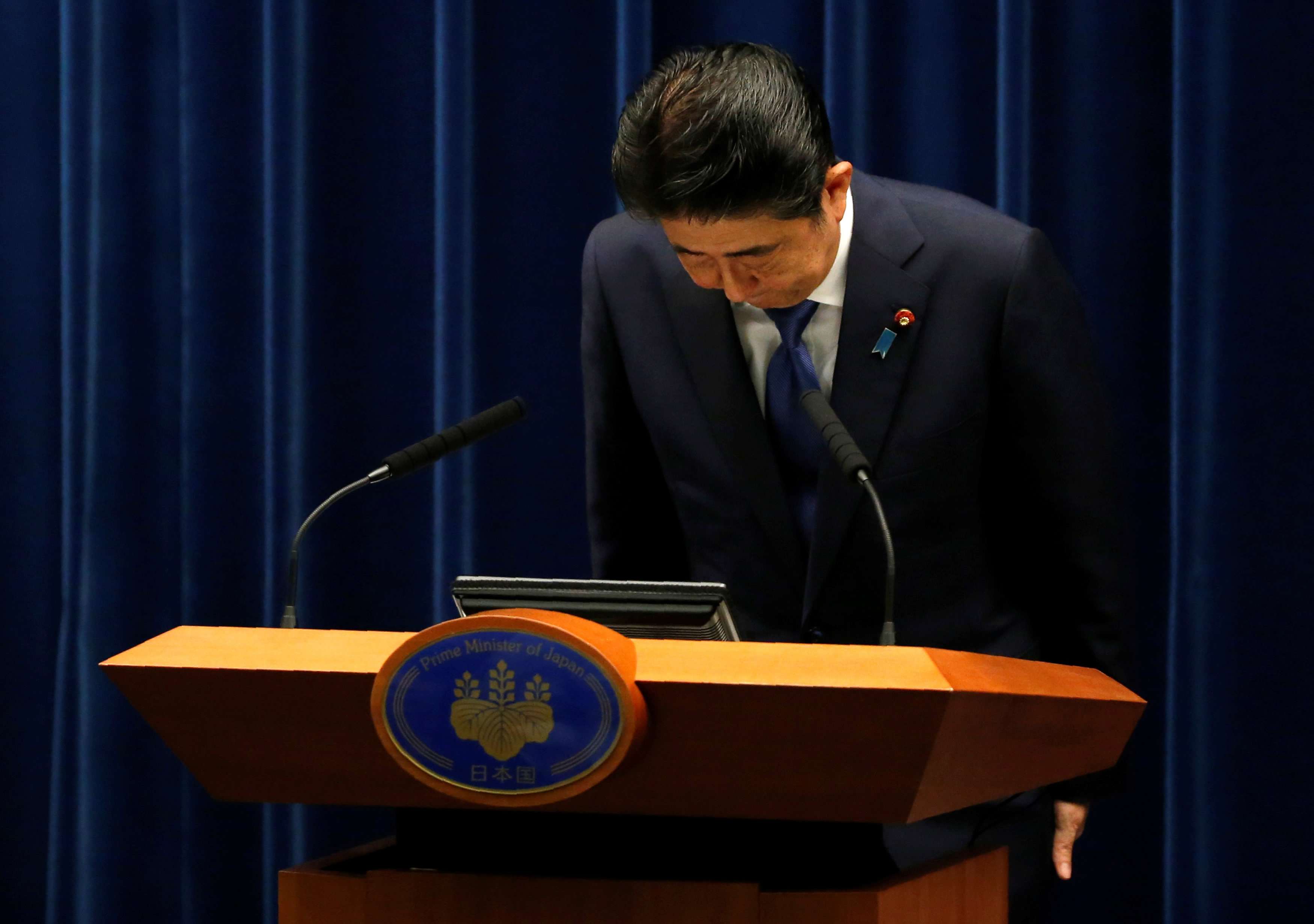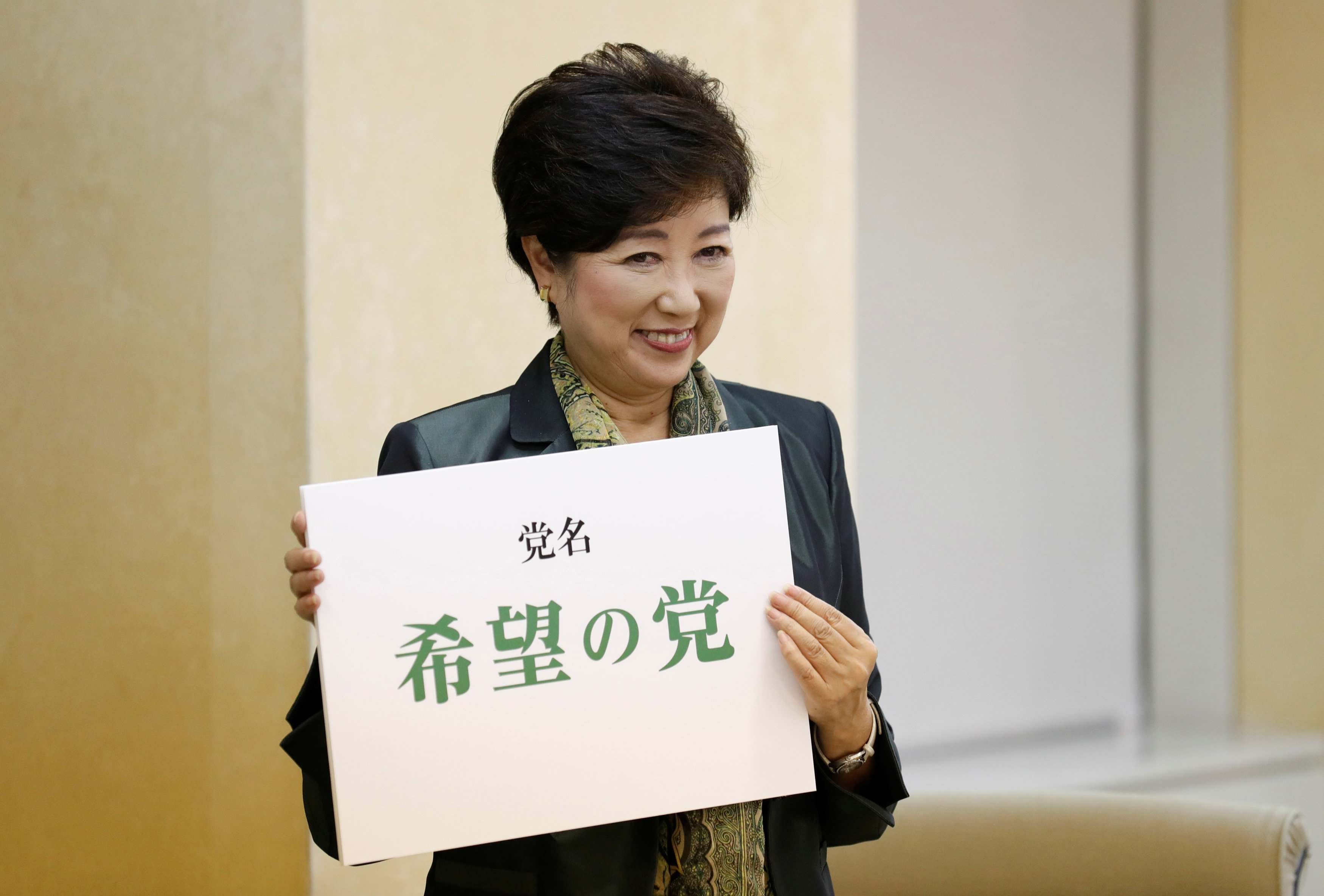
Politics
17:58, 25-Sep-2017
Japanese PM calls snap election amid DPRK crisis
CGTN

Japanese Prime Minister Shinzo Abe officially announced on Monday that he will dissolve the House of Representatives on Thursday to pave the way for a snap election, as he seeks to take advantage of high opinion polls to secure a third consecutive term.
Abe made the announcement during a news conference at his official residence in Tokyo, where he also addressed the ongoing tensions with the Democratic People's Republic of Korea (DPRK) over its missile and nuclear weapons programs.
"I will dissolve the House of Representatives on the 28th" of September, Abe told reporters, without giving a date for the vote, though it is widely believed to be October 22.
Tensions with the DPRK and an aging society are the country’s biggest problems, the 63-year-old pointed out.

Japan's Prime Minister Shinzo Abe bows as he leaves a news conference where he announced a snap election in Tokyo, Japan, September 25, 2017. /Reuters Photo
Japan's Prime Minister Shinzo Abe bows as he leaves a news conference where he announced a snap election in Tokyo, Japan, September 25, 2017. /Reuters Photo
"The election, which is the core of democracy, should not be influenced by the threats of the DPRK," stressed Abe.
"Rather, by holding an election, I want to seek a public mandate regarding (the government's) handling of the DPRK issues," he added.
Analysts say that Abe is calling for an earlier election in order to seize reviving support among the public and to capitalize on the weak opposition. A series of suspected cronyism scandals had previously eroded his support.
But a new challenge has arisen as a former LDP cabinet member, current Tokyo Governor Yuriko Koike, announced hours before Abe’s press conference that she was forming a new national political party called "Kibo no To" (Party of Hope) and a number of defectors have jumped from their parties to join this new group.
However, analysts say the new party is so far not able to become a serious challenge to the prime minister.

Tokyo Governor Yuriko Koike holds a placard reading her new party name "Party of Hope" during a news conference at Tokyo Metropolitan Government Building in Tokyo, Japan, September 25, 2017. /Reuters Photo
Tokyo Governor Yuriko Koike holds a placard reading her new party name "Party of Hope" during a news conference at Tokyo Metropolitan Government Building in Tokyo, Japan, September 25, 2017. /Reuters Photo
Jeff Kingston, director of Asian Studies at Temple University in Japan, told AFP that there was "no opposition worthy of the name in Japan". "The LDP is a giant among dwarves. It would take a major scandal to derail the Abe express," he said.
"Despite the seemingly favorable backdrop for Abe, there are risks in calling a snap election," said Yoel Sano, an analyst at BMI research, in a statement to Reuters.
At a time of national crisis over the DPRK, Japanese voters may see it as a "cynical and opportunistic move" designed to divert attention from the scandals that weighed down Abe's popularity, warned Sano.
Though Abe is expected to win the vote, it remains unclear whether he will get the two-thirds parliamentary majority needed to reform the constitution to strengthen Japan’s military, one of Abe’s priorities.
2103km

SITEMAP
Copyright © 2018 CGTN. Beijing ICP prepared NO.16065310-3
Copyright © 2018 CGTN. Beijing ICP prepared NO.16065310-3